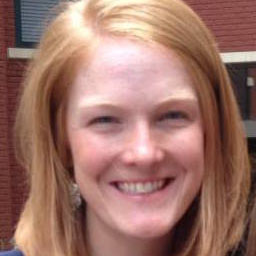 |
Katherine BruhnSouth and Southeast Asian Studies |
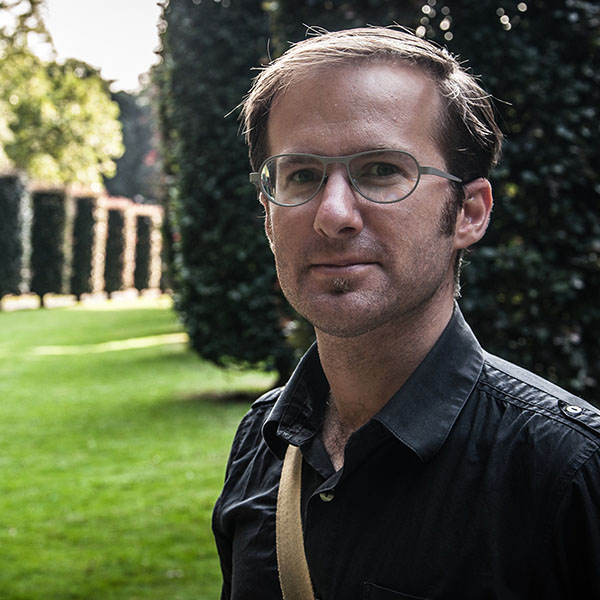 |
Scott ElderLandscape Architecture + Environmental DesignGlobal Urban Humanities Initiative courses taken: Reading Cities, Sensing Cities Scott Elder is in the Landscape Architecture PhD program focusing on the confluence of memory and migration as explored in commemorative long-distance trails. He holds a Master's Degree in urban design from Columbia University and a BArch from the University of Oregon, has worked in the urban design/planning field and taught courses in landscape history for several years before coming to Berkeley. His interests include the roles of retracements and itineraries in shaping territory and national identity. |
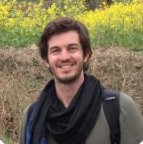 |
Stathis GerostathopoulosArchitectureGlobal Urban Humanities Initiative courses taken: No Cruising: Mobile Identities and Urban Life Stathis studies modern and contemporary urban history and theory with a focus on the discourse of difference within the built environment. A tentative dissertation subject looks at queer place-making strategies, their material manifestations, and cultural exchange between California and Mexico. With an academic background in Art History and Theater, Stathis completed his Master of Architecture at UC Berkeley and practiced architectural design in teh Bay Area before returning to research. |
 |
Padma MaitlandArchitecture; South and Southeast Asian StudiesGlobal Urban Humanities Initiative activities engaged in: Urban Pilgrimage (co-editor) Padma Maitland is a PhD student in the Departments of Architecture and South/Southeast Asian Studies. He is the co-editor of Light of the Valley: Renewing the Sacred Art and Traditions of Swayambhu and founding editor of Room One Thousand, an interdisciplinary journal on the intersection between the humanities and architecture. Padma's current research focuses on the development of modern religious sites in India and the impact of exchanges with South Asia on the counter-culture movement in California. |
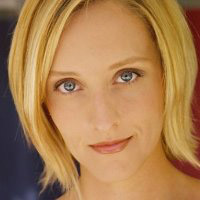 |
Lyndsey OglePerformance StudiesGlobal Urban Humanities Initiative courses taken: The City, Arts, and Public Space: Methods Across Disciplines Sensing Cityscapes: Sensors, Cities, Policies/Basic Protocols for New Media As a third year Performance Studies doctoral student, Lyndsey's research considers site and encounter through urban art practice and new media/digital technologies. She uses art practice as a jumping off point to investigate the flow of capital in “ordinary cities” and the social and economic crises they seek to address through technological development. Her project hopes to move beyond current scholarship on “creative placemaking” or the coded rhetoric of gentrification to consider a holistic view of the city: its citizens, built environment, soft and hard infrastructure, historical memory, and discursive framework. |
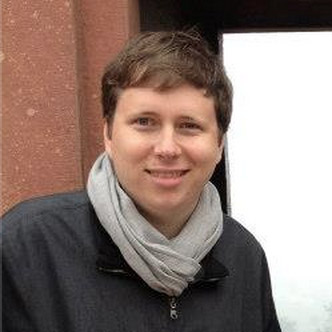 |
Will PayneGeographyGlobal Urban Humanities Initiative courses taken: Reading Cities, Sensing Cities Sensing Cityscapes: Sensors, Cities, Policies/Basic Protocols for New Media Will Payne is a PhD candidate in the Department of Geography. As an undergraduate in the History and Literature concentration at Harvard, he engaged in a range of built environment studies and technology courses at the Graduate School of Design. Will tries to incorporate a humanistic approach to studying cities even while exploring qualitative and quantitative social science methodologies. As a geographer, he is no stranger to interdisciplinary inquiry and building partnerships across departments. He has especially enjoyed the focus on design in tandem with questions of agency, power, and structure in everyday life that the Global Urban Humanities Initiative is exploring. Will's research interests include the effect of the mobile web on the urban experience, especially in North America and East Asia, technology’s impact on gentrification and urban change, contemporary GIS and cartographic methods (especially free and open-source projects), and collaborative digital humanities projects that incorporate space and place. |
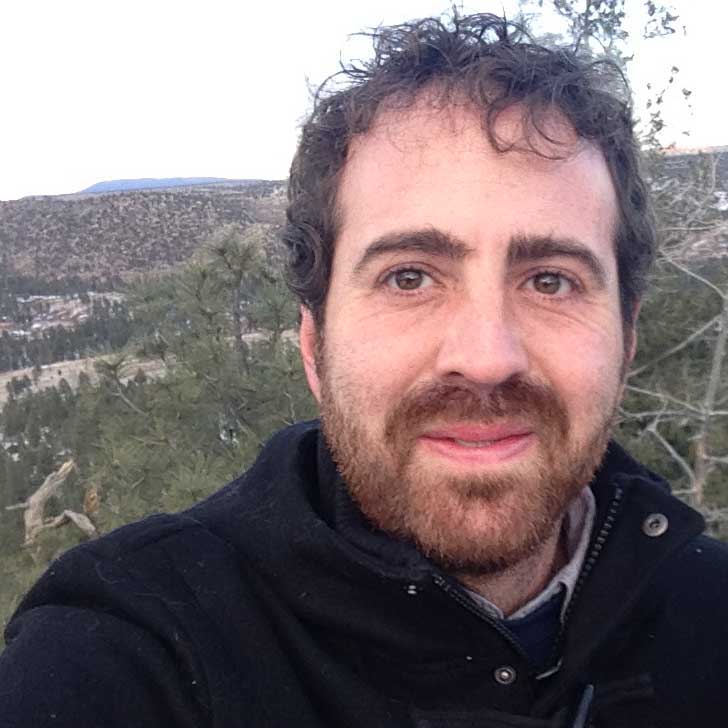 |
Jon PittEast Asian Languages and CulturesGlobal Urban Humanities Initiative courses taken: Reading Cities, Sensing Cities Jon Pitt is a 2nd year student in the East Asian Languages and Cultures PhD program focusing on Modern Japanese Literature. He holds a M.A. in Eastern Classics from St. John's College in Santa Fe, NM, and a B.A. in Japanese Literature with a minor in East Asian Studies from UC Santa Cruz, with a year spent abroad at International Christian University in Tokyo. His research interests include the paranormal and supernatural in Japanese Literature and Film, in particular the strategies that have carried over from the Pre-Modern to the Modern. Central to this interest is the conception of urban space and its effects on subjectivity, and courses offered through the Global Urban Humanities Initiative have already been a shaping force on this research. |
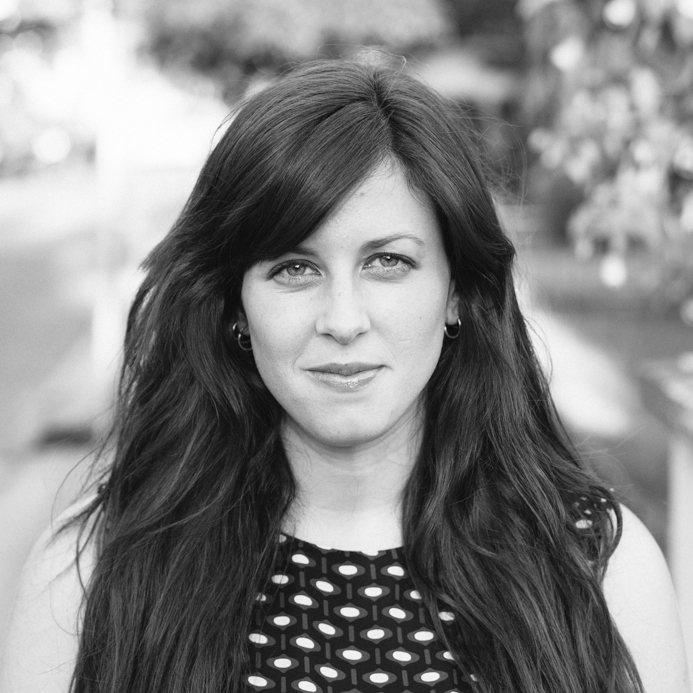 |
Valentina Rozas-KrauseArchitectureGlobal Urban Humanities Initiative courses taken: Art+Village+City in the Pearl River Delta Valentina Rozas-Krause is a second-year PhD student in the Department of Architecture at the University of California, Berkeley. She is an architect with a Master’s Degree in Urban Development from the Pontificia Universidad Católica de Chile, and founder of Memopolis. In 2008, she was awarded first place in a public competition to design “Memorial Patio 29,” which was inaugurated in 2010. Her project to transform Chile's National Stadium into a public park, designed with Teodoro Fernandez Architects, was awarded first place in the “Parque de la Ciudadanía” competition (2011). She is interested in the History of Architecture and Urbanism, Memorials and Monuments, Cultural Memory, Theories of Urban Design and Planning, Landscape Design and Cultural Geography. Her dissertation research focuses on the representation of memories of twentieth century traumas in public urban space in Chile, Germany and the US. Valentina grew up in Berlin and Santiago. |
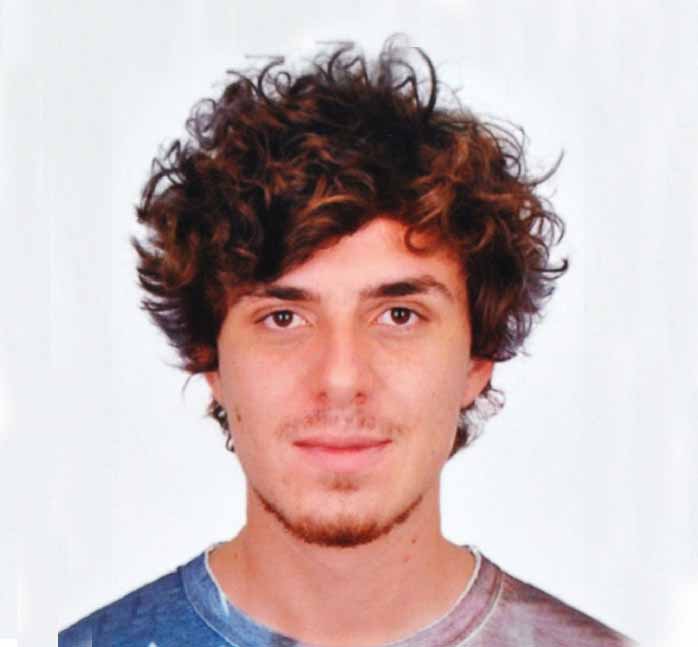 |
Ettore SantiArchitectureGlobal Urban Humanities Initiative courses taken: Art+ Village + City in the Pearl River Delta Ettore is a Ph.D. student in the department of architecture. He is broadly interested in the spatial, cultural, and political interfaces between urban and rural landscapes. He is currently looking at the interaction of the art practices and the urban space in villages-in-the-city in the Pear River Delta region, China. Before entering the program, Ettore worked as a professional architect in Italy and China and served as the project director of the Global Urban Humanities exhibition "Art+Village+City in the Pearl River Delta," held in Berkeley and Shanghai. Ettore holds a MArch from Polytechnic School of Milan and a MArch from Tongji University in Shanghai. |
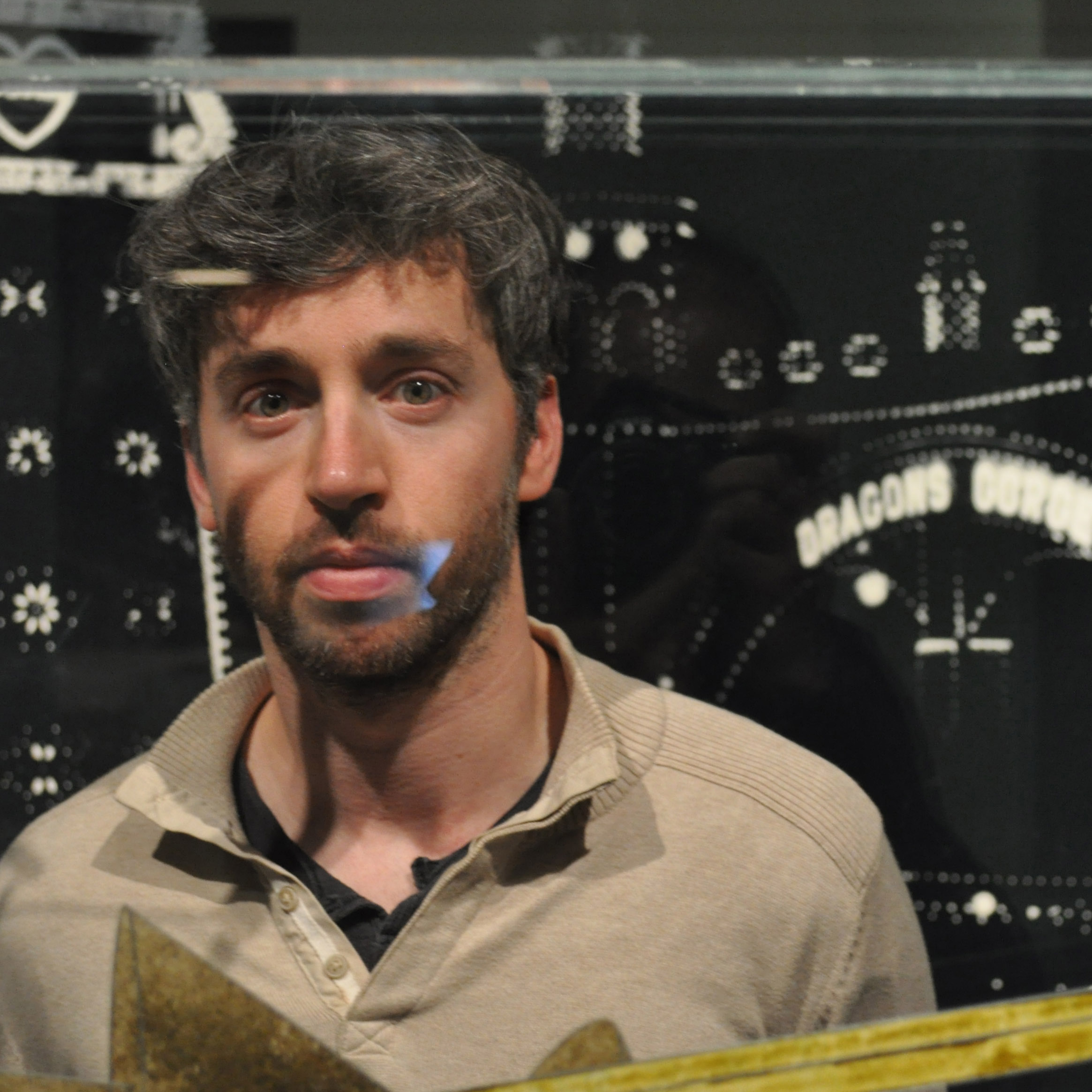 |
Noam ShokedArchitectureGlobal Urban Humanities Initiative courses taken: No Cruising: Mobile Identities and Urban Life Noam Shoked is a PhD candidate in the Department of Architecture. His research looks at questions of urban history, ordinary landscapes, and spaces of uncertainty. More specifically, in his dissertation, he is studying urban patterns and domestic spaces in Jewish settlements in the West Bank. Before coming to Berkeley, Noam worked as an architect in New York and Tel Aviv. He received his bachelor’s degree in Israel and holds both a Master's Degree in architecture from the Cooper Union and a Master's Degree in the history and theory of architecture from McGill University. |
